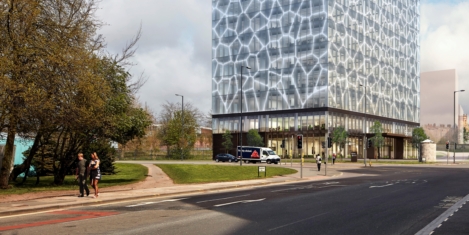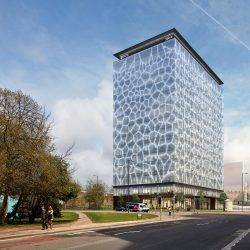April 13, 2018
Lack of effort by UK employers to retain staff is increasing talent turnover

UK employers are facing increasing levels of staff turnover with one in seven (14 percent), or roughly 4.5 million employees predicted to seek a new job in near future, according to research carried out by Robert Half UK. Employers have registered this shift with almost three in five (61 percent) reporting an increase in voluntary employee turnover in the last three years. The research also showed that over half (51 percent) expect employee turnover to increase in the next three years. Yet many businesses still fail to employ basic retention initiatives. Only half (47 percent) of organisations run training and development programmes to help build employees’ skills and support career development, while most don’t have any programmes in place to support employee wellbeing or reward performance. Organisations are also missing out on valuable insight from their departing employees, with more than four in five (83 percent) failing to undertake exit interviews.












 A new report a new report by the Centre for Ageing Better has called for government and employers to support older workers to stay in work for longer, help those who have fallen out of work involuntarily to return and to create workplaces that work for all, irrespective of age. The report claims that ensuring older workers are able to stay in good quality employment is essential to the future of the UK economy and will relieve pressure on public finances. It makes some key recommendations that include access to flexible working hours and workplace adaptations to help people manage pressures such as caring responsibilities and health conditions, which become more prevalent with age. It also calls for equality of opportunities in the workplace as older workers in the UK experience age discrimination in recruitment and progression. They are less likely to be offered opportunities for development – across the whole of the OECD only Turkey and Slovenia have lower levels of on-the-job training for older workers than the UK. Research shows they are also the most likely to be stuck on low pay and feel most insecure about their jobs.
A new report a new report by the Centre for Ageing Better has called for government and employers to support older workers to stay in work for longer, help those who have fallen out of work involuntarily to return and to create workplaces that work for all, irrespective of age. The report claims that ensuring older workers are able to stay in good quality employment is essential to the future of the UK economy and will relieve pressure on public finances. It makes some key recommendations that include access to flexible working hours and workplace adaptations to help people manage pressures such as caring responsibilities and health conditions, which become more prevalent with age. It also calls for equality of opportunities in the workplace as older workers in the UK experience age discrimination in recruitment and progression. They are less likely to be offered opportunities for development – across the whole of the OECD only Turkey and Slovenia have lower levels of on-the-job training for older workers than the UK. Research shows they are also the most likely to be stuck on low pay and feel most insecure about their jobs.





















March 26, 2018
A growing number of employers are driving demand for independent professionals
by Adam Gates • Comment, Workplace
More →